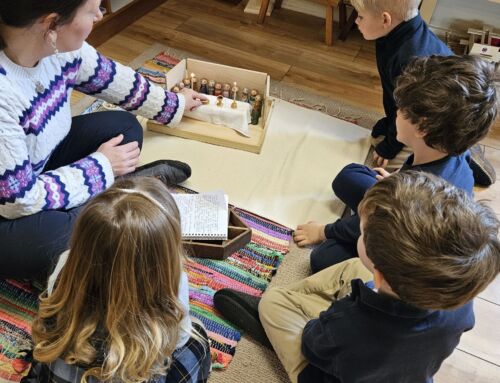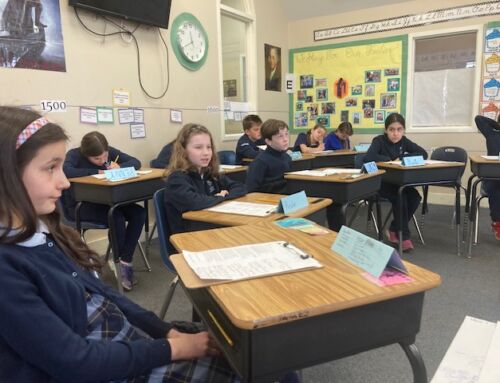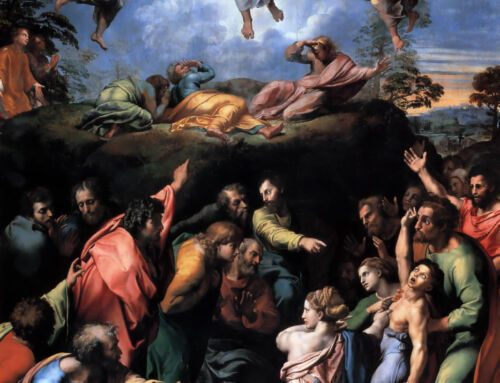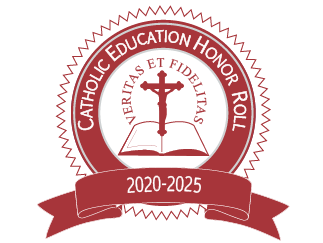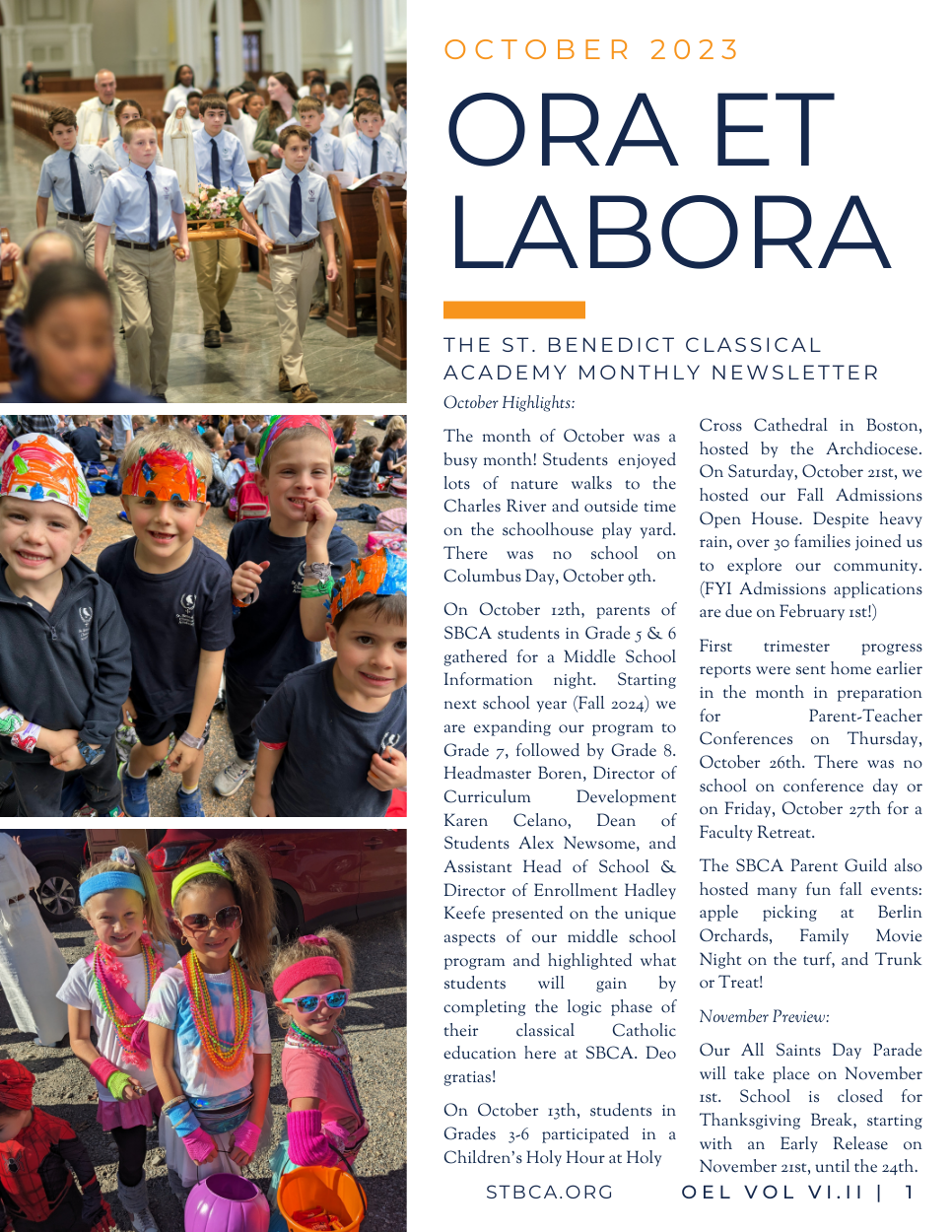The United States is facing a crisis of patriotism.
Across the nation, there is a palpable sense of disillusionment and bitterness with being an American. Radicals on both left and right attack symbols of our republic, from statues of the Founding Fathers to the very Capitol itself. In our classrooms, campaigns such as the 1619 Project teach our children that America, fundamentally defined by the sin of slavery, is not worthy of sacrifice or support.
All of this may be concerning- but what does it have to do with Catholic education, much less St. Benedict’s? Political agendas do not belong in an elementary classroom, period. Do we have a right to “impose our beliefs” about America on our own children?
It may be tempting to assume a neutrality of silence, to avoid making a stand in the cultural warfare of our day; but to do this is to misunderstand both patriotism and the nature of a Catholic education. It is to commit the error of Gaius and Titius, C.S. Lewis’s representatives of modern education in The Abolition of Man.
Gaius and Titius seek to curb the dangers that their passionate and naïve students present; they fear potential tyrants in those who have not yet come to terms with the complexity of life. They “see the world around them swayed by emotional propaganda… and conclude to fortify the minds of young people against emotion” (13).
Yet, as Lewis notes, this does a great disservice to their students: “The task of the modern educator is not to cut down jungles but to irrigate deserts- the right defense against false sentiments is to inculcate just sentiments” (13-14). Our goal as educators is not simply to fill the most amount of heads with the most amount of facts: it is to lead our students in what St. Augustine called “the right ordering of loves”. A student who leaves St. Benedict’s hating his country has been failed, no less than if they had been taught to hate their family.
The Fifth Grade curriculum is called “the American Year”. In it, students drink deeply of the Spirit of America (so often mentioned on Massachusetts license plates) in both Literature and American History. Particularly, we give students the chance to encounter what is best in that American spirit; events like “The Great American Week”, where students read aloud writings from the Mayflower Compact to the Declaration of Independence, remind us all of the ideals for which this nation strives, ever imperfectly.
This imperfection does not drive our students to despair, as it does for so many modern radicals. Why is this the case? One answer comes from a favorite piece of mine, Katharine Lee Bates’ America the Beautiful. In it, she writes,
America! America!
God mend thine every flaw,
Confirm thy soul in self-control,
Thy liberty in law!
This hymn perfectly captures the well-ordered love of a Christian patriot: it does not ignore the faults of one’s nation (which is nationalism), nor does it rashly expect a perfect society (which is stupidity). It recognizes our society’s dependence on divine grace. America, like all of creation, must be redeemed and sanctified by the mercy of our Savior. The role of the Catholic educator is to prepare our students for this work of redemption- it is to create a generation of leaders who are prepared for self-government and the burdens of liberty.
Pope Leo XIII, in giving permission to establish The Catholic University of America (my alma mater), wrote to its founders that “you will receive an abundant return for your cares… having laid the foundations of an institute destined to provide the Church with worthy ministers for the salvation of souls and the propagation of Religion, and to give to the Republic her best citizens”. No words have better captured the aims of Catholic education.
AUTHOR: John Kish, Fifth Grade Teacher


